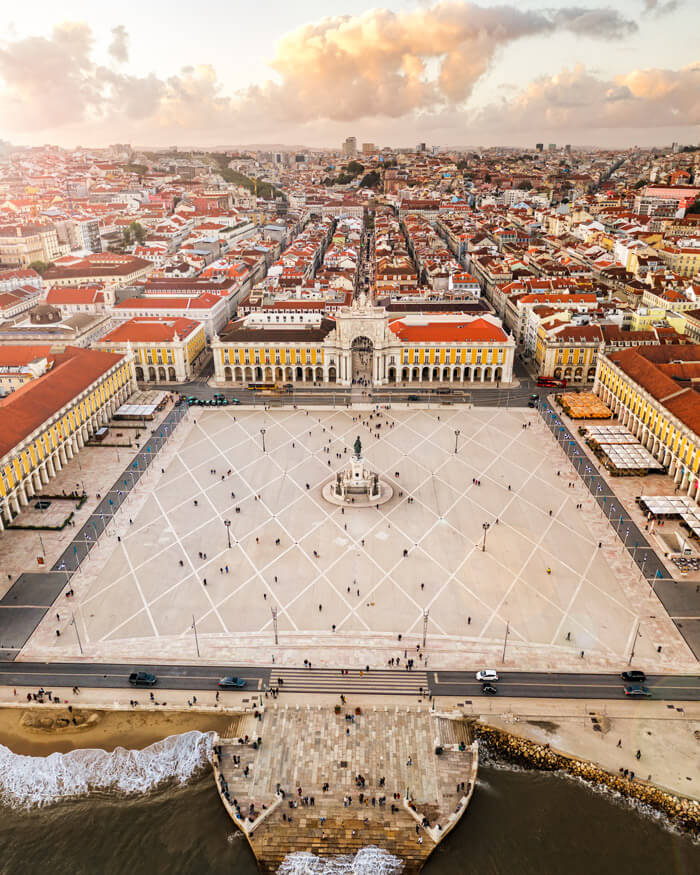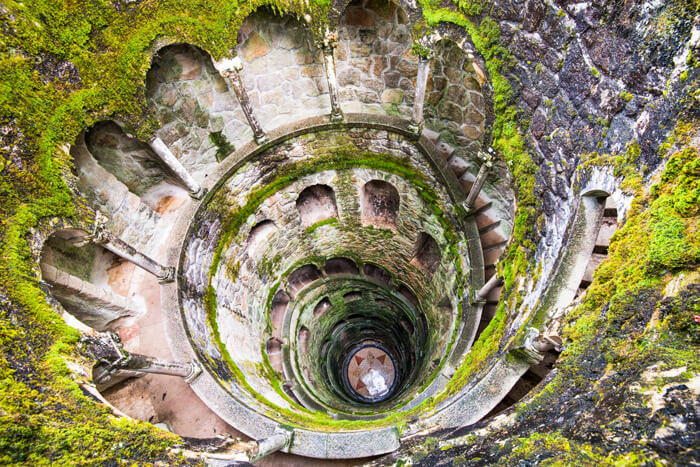Portuguese culture is directly linked to its geographical location and history that bursts from the tops of its castles, mountains, cliffs, and considerable protected landscapes, wildlife sanctuaries, and natural reserves. Portugal is one of the oldest nations in Europe and its cultural heritage has been marked by influences from Africa, America, Asia, and by the people who lived there before its foundation. Mainly in all cities, but also when traveling through the country, you will notice the consistent presence of tilework in the architecture. Not many other countries have so many tiled exteriors of houses, churches, and palaces. These tiles began to be produced in Portugal at the end of the 15th century, but the traditional blue and white style really started to become more prominent in the 18th century.
While architecture and agreeable climate are among Portugal’s most popular reasons to visit, its gastronomy is a gem worth exploring. Portuguese chefs are known for fusing local and global cuisines, resulting in a mosaic of flavors that are exotic with echoes of comfort. The cataplana, a unique pan, is a staple of Mediterranean cooking. The “Pasteis de Belem” is also a must-try when in the country – it’s impossible not to be won over by its smooth and sweet custard.


The wine produced by this small country is exquisite, Portugal is home to hundreds of native grapes which results in fabulous blends. It’s no wonder that UNESCO has named Portugal as one of the founding countries of the famous Mediterranean Diet. From the north to south of Portugal and its islands, there are many sacred spaces that deserve a visit, although all of them culminate in Fatima, one of the most important religious pilgrimage sites in the world.